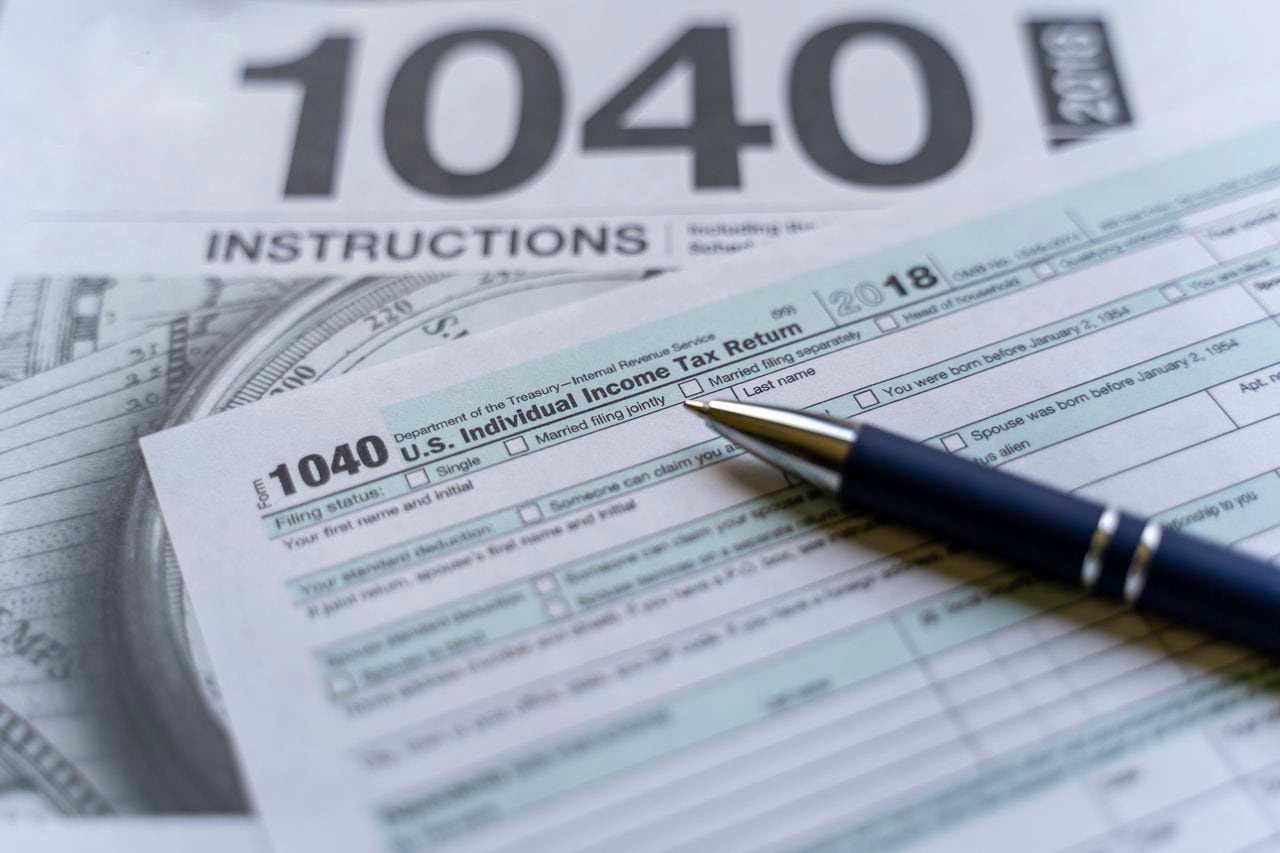4.7 million people wonât pay penalties over late taxes, IRS says
The Internal Revenue Service is waiving penalties for almost 5 million people who didn’t pay back taxes amid the COVID pandemic, the agency announced this week.
In what it called a “major step,” the IRS said it will be providing some $1 billion – about $206 per return – in penalty relief for people who owe back taxes that total less than $100,000 per year for tax years 2020 and 2021. The IRS temporarily suspended the mailing of automated reminders on overdue tax bills starting in February 2022 yet penalties continued to accrue for those who did not pay their bills in response to their initial notice.
“Given this unusual situation, the IRS is taking several steps in advance of resuming normal collection notices for tax years 2020 and 2021 to help taxpayers with unpaid tax bills, including some people who have not received a notice from the IRS in more than a year,” the agency said in a statement.
Taxpayers will receive a special letter next month to alert them of their liability, ways to pay and the amount of penalty that was waived, if applicable. An estimated 5 million tax returns – filed by 4.7 million individuals, businesses, trusts, estates and tax-exempt organizations – are eligible for the relief. Nearly 70% of the individual taxpayers with waived fees have income under $100,000 a year, according to the IRS.
The penalty relief will be applied automatically and eligible taxpayers don’t have to take any action. Those who have paid their full balance will benefit, too, in the form of refunds or credits towards an outstanding tax liability.
Eligible taxpayers include individuals, businesses, trusts, estates and tax-exempt organizations that filed certain Forms 1040, 1120, 1041 and 990-T income tax returns for tax years 2020 or 2021, with an assessed tax of less than $100,000, and that were in the IRS collection notice process or were issued an initial balance due notice between Feb. 5, 2022, and Dec. 7, 2023.
The failure-to-pay penalty will resume on April 1, 2024, the IRS said.
